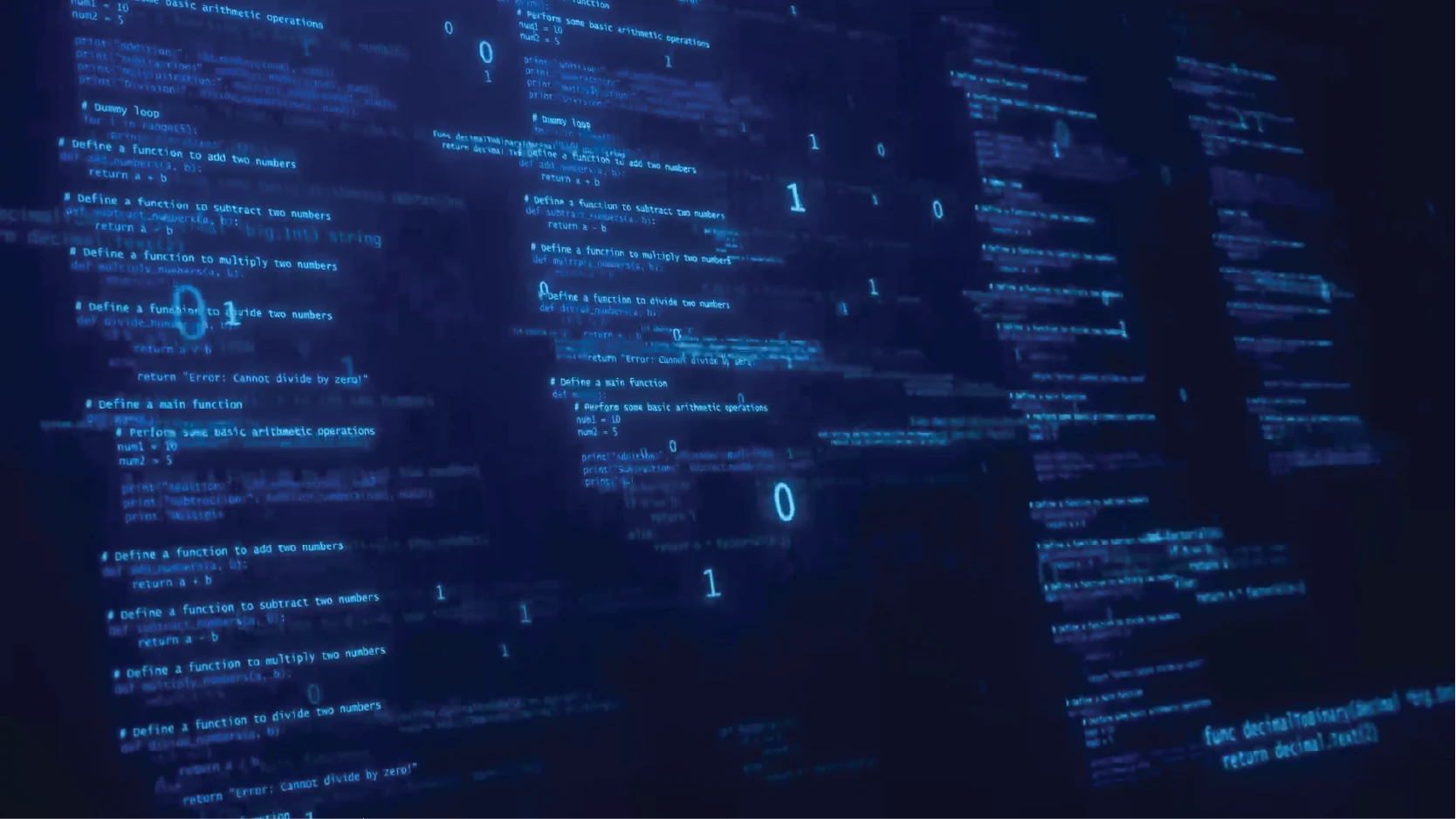Israel’s Electric Authority "Hack" Caused by Ransomware
 Barely a month after the Ukrainian power grid has been reported to have fallen prey to the first ever malware-driven blackout, another power provider has been hit by a cyber-attack. Media outlets are quick to report the “severe cyberattack” announced by Israeli Minister of National Infrastucture, Energy, and Water Yuval Steinitz.
Barely a month after the Ukrainian power grid has been reported to have fallen prey to the first ever malware-driven blackout, another power provider has been hit by a cyber-attack. Media outlets are quick to report the “severe cyberattack” announced by Israeli Minister of National Infrastucture, Energy, and Water Yuval Steinitz.
“The virus was already identified and the right software was already prepared to neutralize it,” Steinitz noted in front of thousands of security professionals at the Cybertech 2016 Conference in Tel Aviv. “We had to paralyze many of the computers of the Israeli Electricity Authority. We are handling the situation and I hope that soon, this very serious event will be over… but as of now, computer systems are still not working as they should,” he furthered as reported by The Times of Israel.
The said attack was detected on Monday, following the reported record-breaking electric consumption in Jerusalem due to the temperature drop that resulted to a customer requirement of 12,610 megawatts. In response to the attack, officials have opted to shut down segments of the country’s electric grid.
Steinitz regarded the incident as an apparent indication of the weakness and sensitivity of infrastructures employed in systems used by different sectors and government agencies. It was in July of 2015 when the Israel’s National Cyber Authority issued a warning that a “massive cyberattack” is looming.
As of this writing, no threat actor has been identified to be behind the said attack and no power outage in any section of Israel has been identified to be connected with this attack. However, it was reported that the incident was caused by a ransomware attack. A phishing e-mail was presumably accessed, thereby leading to a ransomware infection that spread to other systems within the network. Details have yet to be fully realized—including the type of ransomware, and the amount it demanded to restore access.
Like it? Add this infographic to your site:
1. Click on the box below. 2. Press Ctrl+A to select all. 3. Press Ctrl+C to copy. 4. Paste the code into your page (Ctrl+V).
Image will appear the same size as you see above.
Recent Posts
- Estimating Future Risk Outbreaks at Scale in Real-World Deployments
- The Next Phase of Cybercrime: Agentic AI and the Shift to Autonomous Criminal Operations
- Reimagining Fraud Operations: The Rise of AI-Powered Scam Assembly Lines
- The Devil Reviews Xanthorox: A Criminal-Focused Analysis of the Latest Malicious LLM Offering
- AI Security Starts Here: The Essentials for Every Organization

 Complexity and Visibility Gaps in Power Automate
Complexity and Visibility Gaps in Power Automate AI Security Starts Here: The Essentials for Every Organization
AI Security Starts Here: The Essentials for Every Organization The AI-fication of Cyberthreats: Trend Micro Security Predictions for 2026
The AI-fication of Cyberthreats: Trend Micro Security Predictions for 2026 Stay Ahead of AI Threats: Secure LLM Applications With Trend Vision One
Stay Ahead of AI Threats: Secure LLM Applications With Trend Vision One